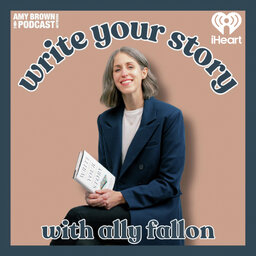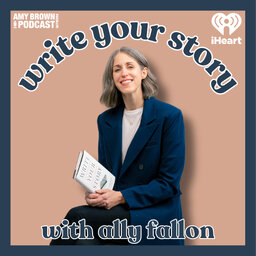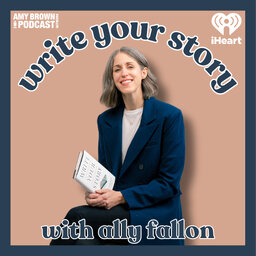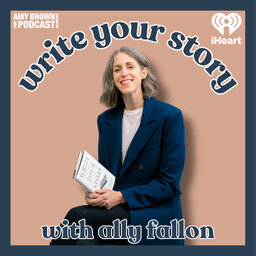What AI Is Doing to Creativity (Hint: It’s Not What You Think)
Is the rise of AI making you uncomfortable? Does it make you wonder about how we will evolve as a species? What the effects will be on the human psyche? Does it make you question how the value of creativity will shift and change as AI takes over?
These questions are valuable ones to ask and answer while we navigate this wild new world we’re living in.
And yet on today’s episode, I want to offer an interesting take on AI that you may not have heard elsewhere. While asking the hard questions about AI is certainly a vital part of the conversation, it’s might also be valuable to consider how AI might remind us what it means to be human in the first place.
What if AI reminds us why creativity matters so much?
What if our resistance to AI is helping us resolve our fears?
I hope you enjoy these candid and casual reflections as the widespread use of AI expands in real time.
Host: Ally Fallon // @allyfallon // allisonfallon.com
 Write Your Story with Ally Fallon
Write Your Story with Ally Fallon


